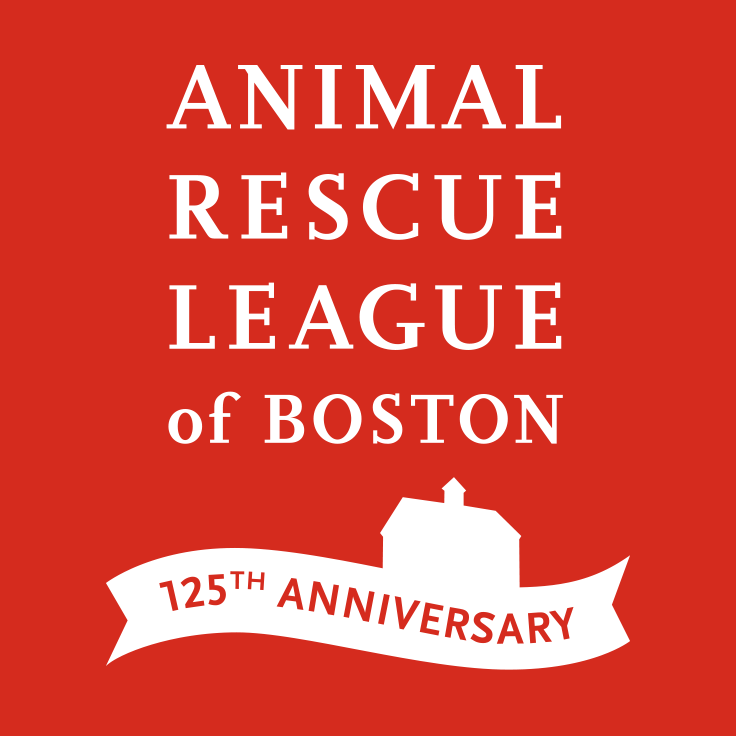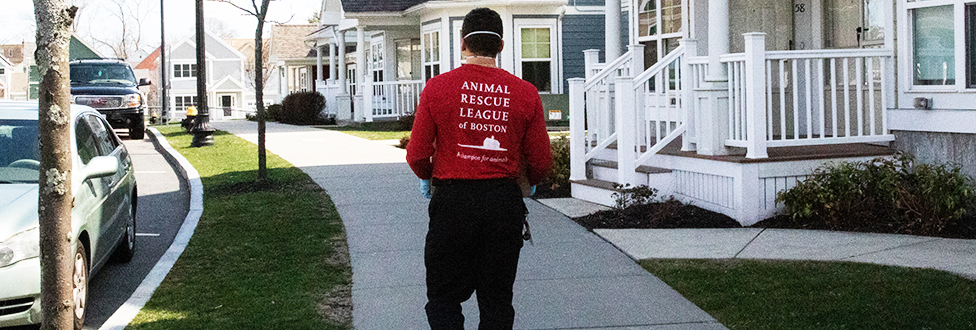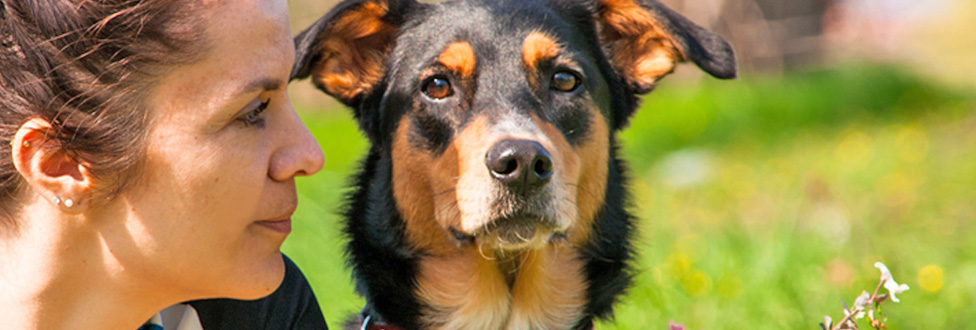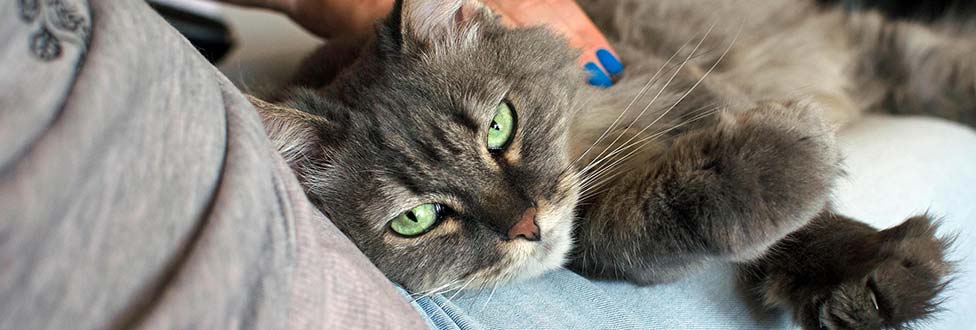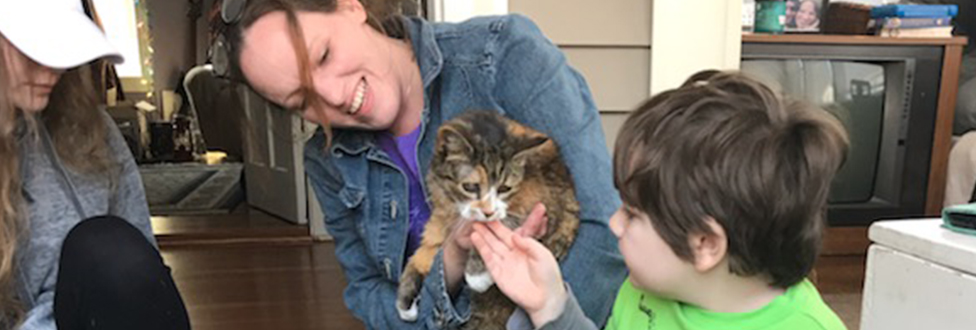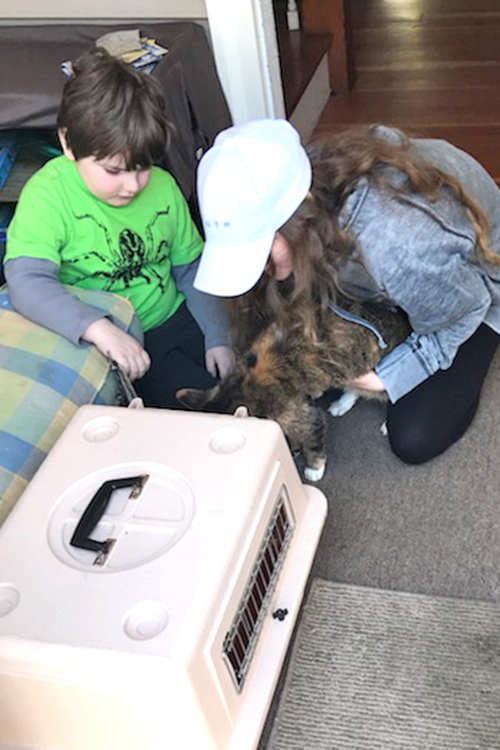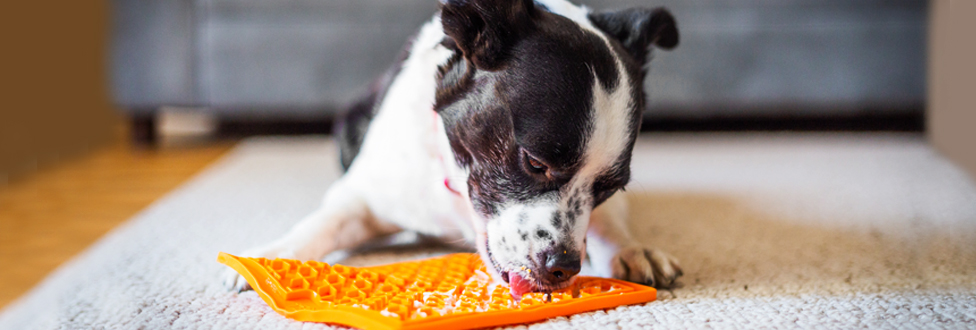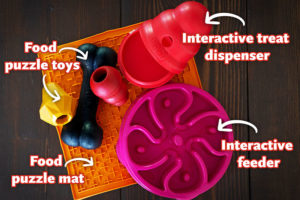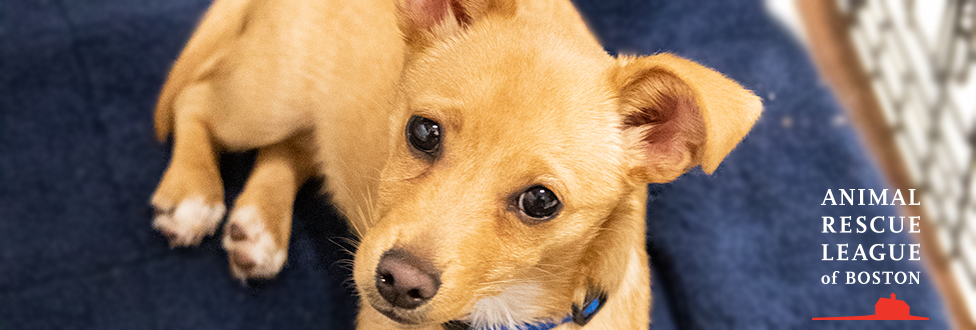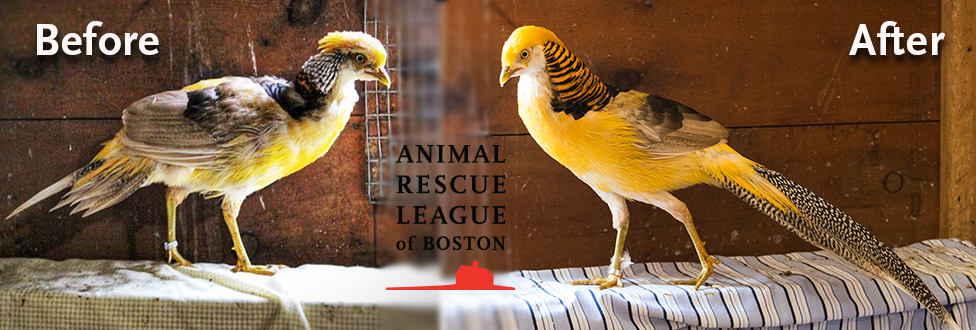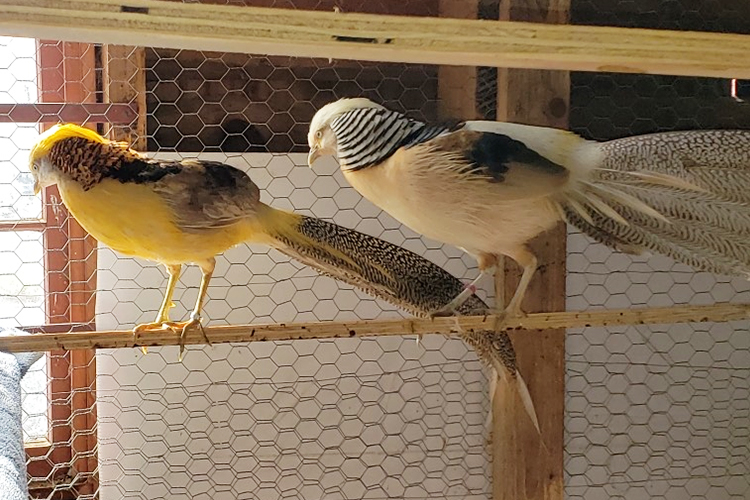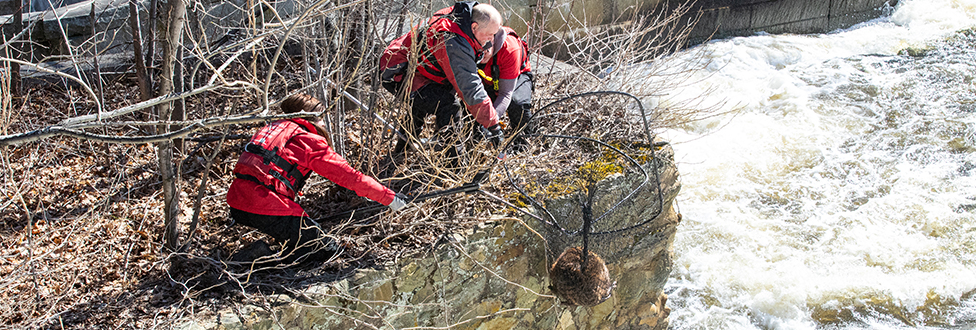Responding During a Time of Crisis
ARL’s Keep Pets S.A.F.E Program
In an effort to support animals in need and to keep people and pets together during the COVID-19 pandemic, the Animal Rescue League of Boston (ARL) has launched the Keep Pets S.A.F.E. (Supporting Animals and Families Everyday) Program.
The program, initially funded by a grant through PetSmart Charities®, will allow ARL to support community partners Action for Boston Community Development (ABCD) and Boston Senior Home Care (BSHC), by providing their clients with pet food and supplies and other urgent assistance.
Clients of ARL’s Wellness Waggin’ are also eligible for assistance.
ARL will offer help during this crisis by providing the following services to clients who qualify for the program:
- Deliver pet food and other essential pet supplies to clients’ homes and partner-supported community housing;
- Pick up pets to provide critical veterinary care and return them to their owner;
- Provide temporary emergency shelter for pets and offer pick up and return of the pet to their owner or a designated caregiver;
- Arrange for emergency and essential surrender of pets with pick up service.
As of today, ARL is limiting these services to clients of the Wellness Waggin’, ABCD, and BSHC who reside in the following zip codes:
- 02119 – Roxbury
- 02120 – Roxbury
- 02121 – Dorchester
- 02122 – Dorchester
- 02124 – Dorchester
- 02125 – Dorchester
- 02126 – Mattapan
“The COVID-19 pandemic is unprecedented, and ARL is committed to keeping pets and their families together during this difficult time,” stated Dr. Edward Schettino, ARL’s Vice President of Animal Welfare and Veterinary Services. “If you find yourself in an extreme situation where you have to decide whether your pet can remain in the home due to emergency medical, financial, or personal reasons, you are encouraged to contact the Animal Rescue League of Boston.”
“As a senior citizen, who is unable to visit the grocery store right now, I’m so grateful ARL was able to deliver cat food straight to my door,” said one Boston-based client.
Clients in the aforementioned zip codes who qualify for these services can call ARL’s Keep Pets S.A.F.E. hotline at (857) 350-8730. The hotline will be available Monday-Saturday from 9AM to 5PM.
We Are All in This Together
ARL wishes to thank PetSmart Charities, Action for Boston Community Development, and Boston Senior Home Care for their support and assistance. Additionally, ARL would like to thank Hill’s Food, Shelter & Love® Disaster Relief Network for generously supplying wet and dry dog and cat food for ARL’s Keep Pets S.A.F.E. Program.
For more information on ARL’s Keep Pets S.A.F.E. Program, and to see if you qualify, log onto arlboston.org/safe.
For information on ARL’s protective measures regarding COVID-19, go to arlboston.org/covid-19/.
